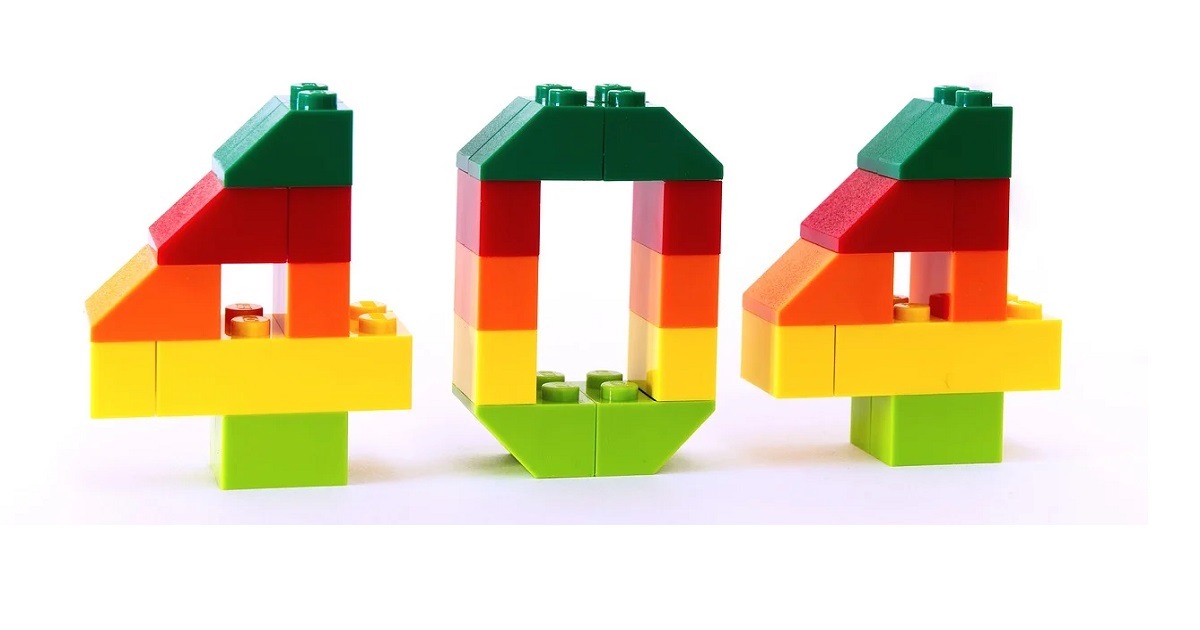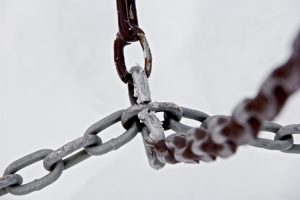Link-building strategies are supposed to bring traffic to your website, increase your brand awareness, and scale your business. However, things can take a U-turn when a visitor stumbles upon broken links that lead them to a big 404 Error instead of the content they were hoping for.
In this article, we outline what broken links are, how they affect your link-building strategy, and how you can find and rectify them.
What Are Broken Links?
A broken link is a link that leads to a 404 Error instead of the content it was supposed to be showing, as mentioned previously. Broken links can take place due to various reasons. These may be:
- The content that had been linked was removed.
- The URL of the page that was linked was changed.
- The linked content’s domain changed.
However, publishers don’t want broken links on their website because it negatively affects their image. Let’s talk about a few ways broken backlinks affect a website.
How Do Broken Links Affect A Website?
One of the reasons website publishers try to avoid broken backlinks is because they provide a bad user experience. Visitors click on the link provided, hoping for a valuable source of content and are yet faced with an error message. This prevents them from further clicking on any outbound links given in the content, or may even opt them to close the website altogether.
Another reason why publishers don’t want broken links is that it negatively affects their SEO. Search crawlers go through the provided links in the content to evaluate its relevance and authority. When they come across a broken link, they are not able to gain additional context on the linked page, which may result in negative long-term SEO results.
So, how do you rectify these broken links? Through a broken link-building strategy!
Broken Backlink Strategy
As a marketer, when you let a publisher know that there is a broken link in their website, and update that link, both you and the publisher benefit from it.
When there are high-quality backlinks on a website, it potentially increases their off-page SEO, and the search engines regard the site as authoritative and valuable. Resultantly, the quality backlinks can help improve the website’s ranking in the Search Engine Results Page (SERP).
So when you reach out to a publisher to rectify broken links, it is a win-win situation. The publisher is able to fix the link, improving their SEO, and the marketer gets a backlink.
There are three components of a broken backlink strategy:
- Find all the broken backlinks.
- Create the replacement content.
- Reach out to publishers.
Find All The Broken Backlinks
Broken link building is touted as one of the most scalable strategies by marketers. You may look for broken links in various ways. One of the most straightforward ways is to run a backlink check on the website as well as competitors.
Another way of looking for broken links is to look in resource pages. You may use advanced search terms in search engines to find resource pages in your niche.
Once you find various resource pages, there is a pretty good chance that one of the links is broken. Moreover, you may use various backlink tools as well from where you can see which websites have broken links.
When you find a broken link, you would want to use it in your favor by contacting the webmaster, telling them about the broken link, and offering them to use one of your website’s links.
Creating Replacement Content
A webmaster wouldn’t want to link back to your website unless there is valuable content there that is relevant to the original content on their website. Before you get in touch with the webmaster, consider using these tips:
Have Relevant Content
Before you reach out to a publisher, make sure you have relevant content that the publisher’s audience would want to refer to and gain insights from.
Review The Old Content
If you’re unsure whether or not your content would be suitable for the website, you can always refer to the Wayback Machine that saves screenshots of the old web pages. From there, you can view the old content and match it with yours.
Consider Offering Link To An Internal Page
When websites link back to other websites, they typically link to an internal page instead of the homepage. Before reaching out to a publisher, you may consider choosing an internal page or a link to your blog posts instead of your homepage to offer to the webmaster.
Getting In Touch With The Webmaster
You’re looking for a link back to your website by telling the webmaster about the broken link. However, this isn’t as simple as writing an email to the publisher, saying they have a broken link, and offering your link. The truth is, publishers get a lot of these emails and know that you’re looking for getting a backlink.
However, there are a few things you can do to build rapport and potentially get yourself the backlink. These are:
- You need to research the website enough to find the correct contact to get to the publisher. Usually, the email addresses given for information and contact won’t cut it.
- Once you find the correct contact with the webmaster, don’t offer your link right away. Instead, take the time to build rapport, introduce yourself and your company, appreciate their work, etc.
- Keep things simple by mentioning in the subject line that you’re writing about a broken link. This is more likely to get you a response from the publisher.
- Show appreciation for their work, let them know about the broken link, and tell them you appreciate their time and would like to make it worth their time, and drop your link.
Wrapping Up
Broken links can negatively affect the user experience and SEO of a website. However, as a marketer, you can identify these error links on various sites, contact the webmaster of the site and let them know about the link and offer yours!
In this article, we discussed broken links, how they affect link-building strategy, and how marketers can leverage these links on websites.




